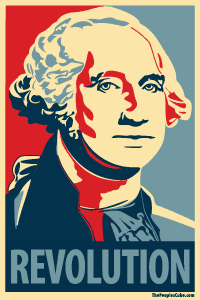By Kelly OConnell | June 10, 2012 | Canada Free Press
 As we ready ourselves for the inevitable onslaught against Romney’s religion, we need to educate ourselves on Obama’s own beliefs, which are the most unusual of any candidate. Even taking Barack at his word, that he is a “Christian”, his beliefs are highly atypical of biblical Christianity. Barack, as an acolyte of Reverend Jeremiah Wright’s ideology, is really a follower of James Cone’s own racist and Marxist Black Liberation Theology. This is the subject of today’s essay.
As we ready ourselves for the inevitable onslaught against Romney’s religion, we need to educate ourselves on Obama’s own beliefs, which are the most unusual of any candidate. Even taking Barack at his word, that he is a “Christian”, his beliefs are highly atypical of biblical Christianity. Barack, as an acolyte of Reverend Jeremiah Wright’s ideology, is really a follower of James Cone’s own racist and Marxist Black Liberation Theology. This is the subject of today’s essay.
I. Jeremiah Wright’s Church & Rev James Cone’s “Christianity”
Barack Obama attended Jeremiah Wright’s Chicago Trinity United church for more than two decades. Given the length of time, we must assume that Barack shared the core beliefs of that congregation. But what were Wright’s core beliefs? These are just a subset of Reverend James Cone’s Black Liberation Theology. This connection is explained by Charles C. Johnson of the American Spectator: [Read more…]









